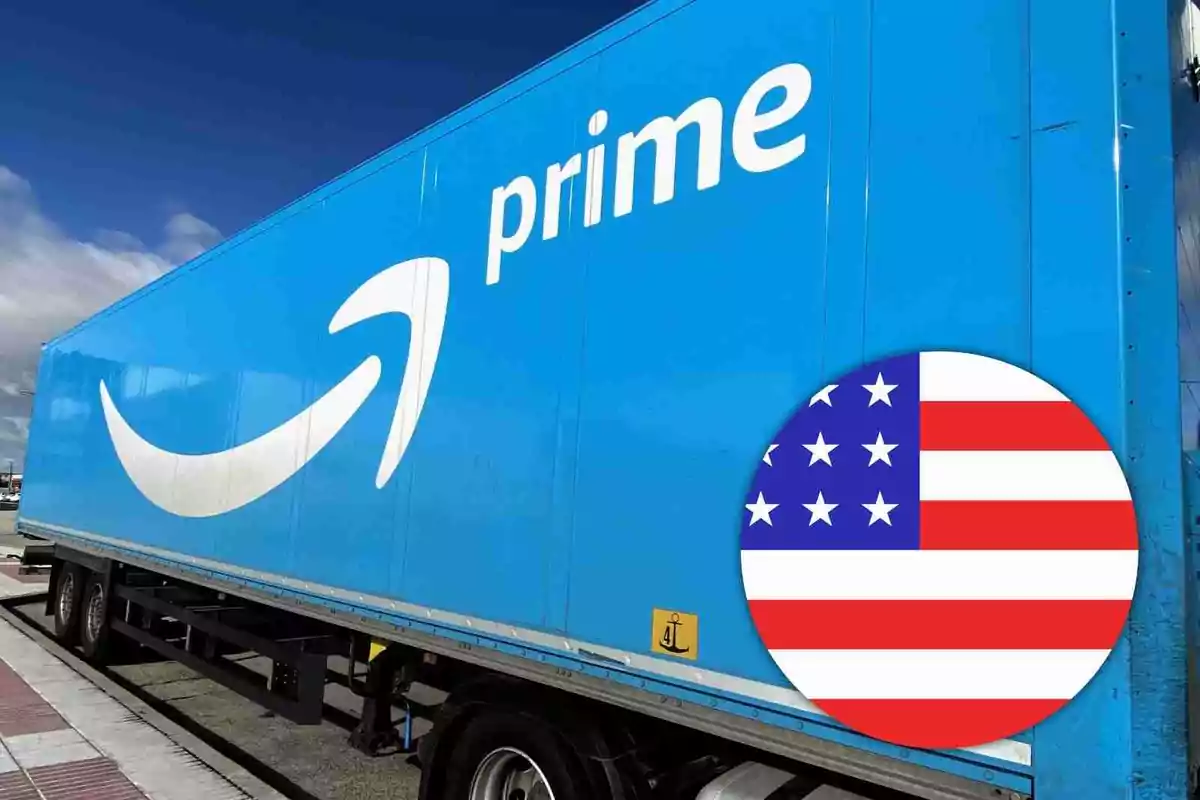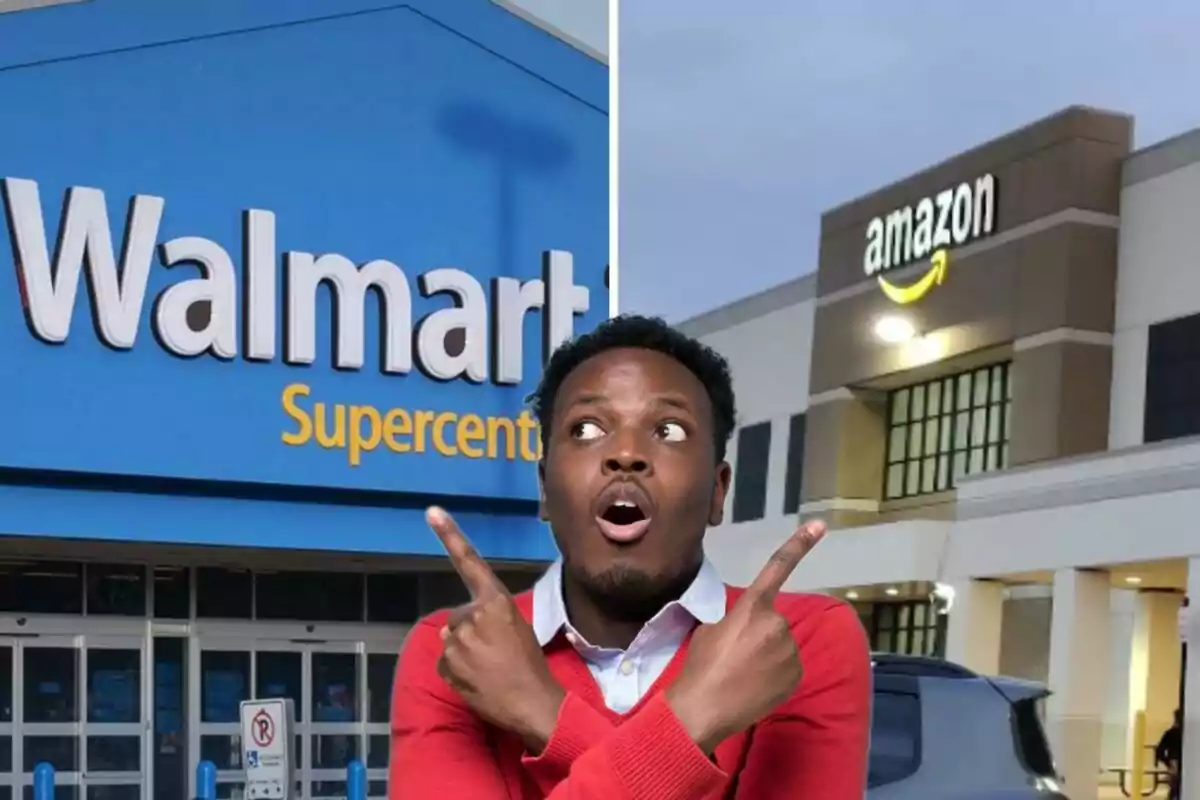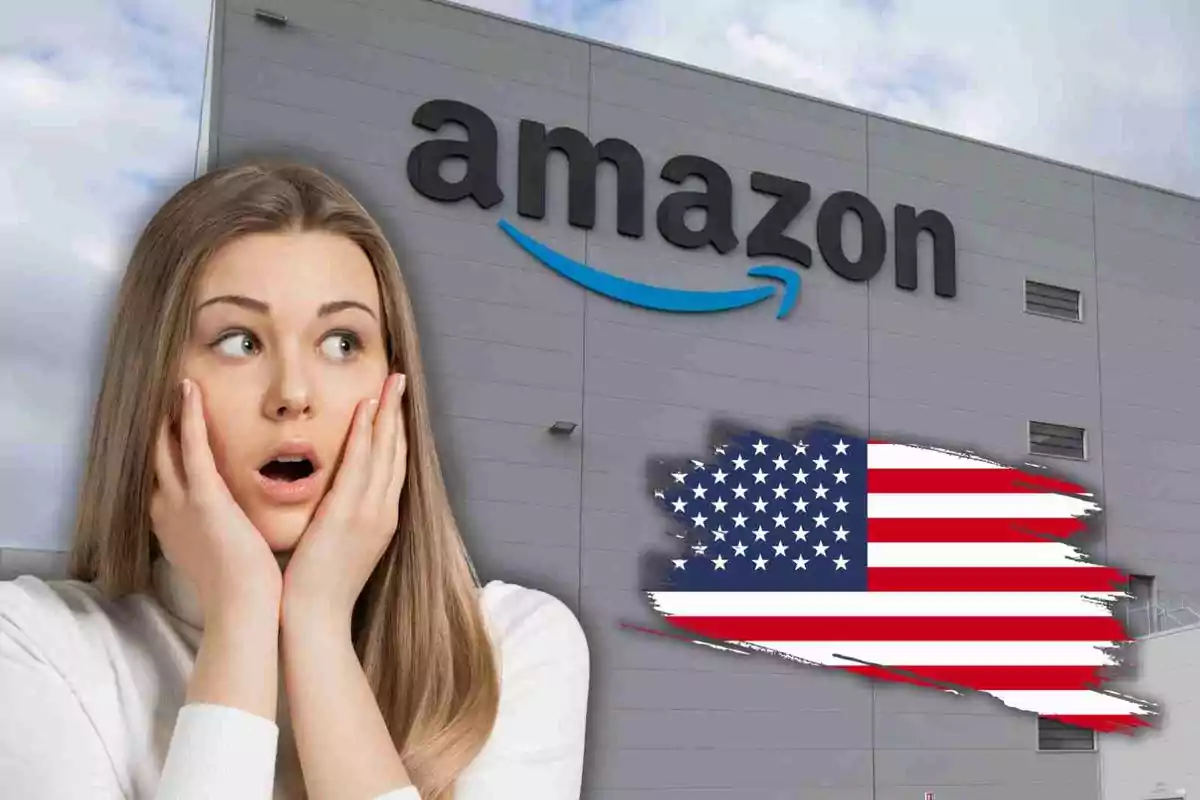Amazon never ceases to amaze. After dominating books, electronics, and online services, it now targets food. The bet is ambitious: fast deliveries, competitive prices, and the convenience of a single cart. This move promises to change the way we buy food in the United States.
Meanwhile, traditional chains like Market Basket keep their classic style: crowded stores, handwritten prices, and local loyalty. It's a clash between the digital world and neighborhood culture, and we're all watching the outcome closely.
How a single cart can change everything
The core of Amazon's strategy is simple: a single cart. The company offers free same-day delivery for orders of $25 or more to Prime members. For non-members, the cost rises to $12.99. The idea is to combine fresh products with everyday items in a single delivery.

Speed and price matter: free shipping starting at $25 makes Amazon more competitive. It also lets customers shop quickly, not just weekly. This changes the rules of the game, especially in large cities and suburbs where it already dominates fast delivery.
Technology versus tradition
Amazon integrates recipes, milk, juices, and streaming products in the same delivery. Everything arrives at the same time, with no need to use multiple apps. The convenience is total.
Market Basket, on the other hand, faces internal challenges. Legal problems and changes in management have affected the family chain. But its strength lies in store culture: loyal employees, low prices, and personalized service. Many customers still prefer the experience of walking through the aisles and talking to the staff.
What shoppers feel
For consumers, competition is good. Amazon offers the lowest delivery fee: free for $25. Walmart Express is faster but more expensive. Instacart can deliver in 30 minutes, but with fees and tips.

This means more options, more speed, and competitive prices. Whether you want a charger or spinach, convenience is just a click away.
The future of grocery shopping
The battle is now between code and culture. Amazon trusts that convenience and speed will change shopping habits. Market Basket bets on closeness, human experience, and low prices.
In the end, the real winner is the customer. Competition forces all players to improve: faster deliveries, lower prices, and more shopping options. Buying food will never be the same again.

